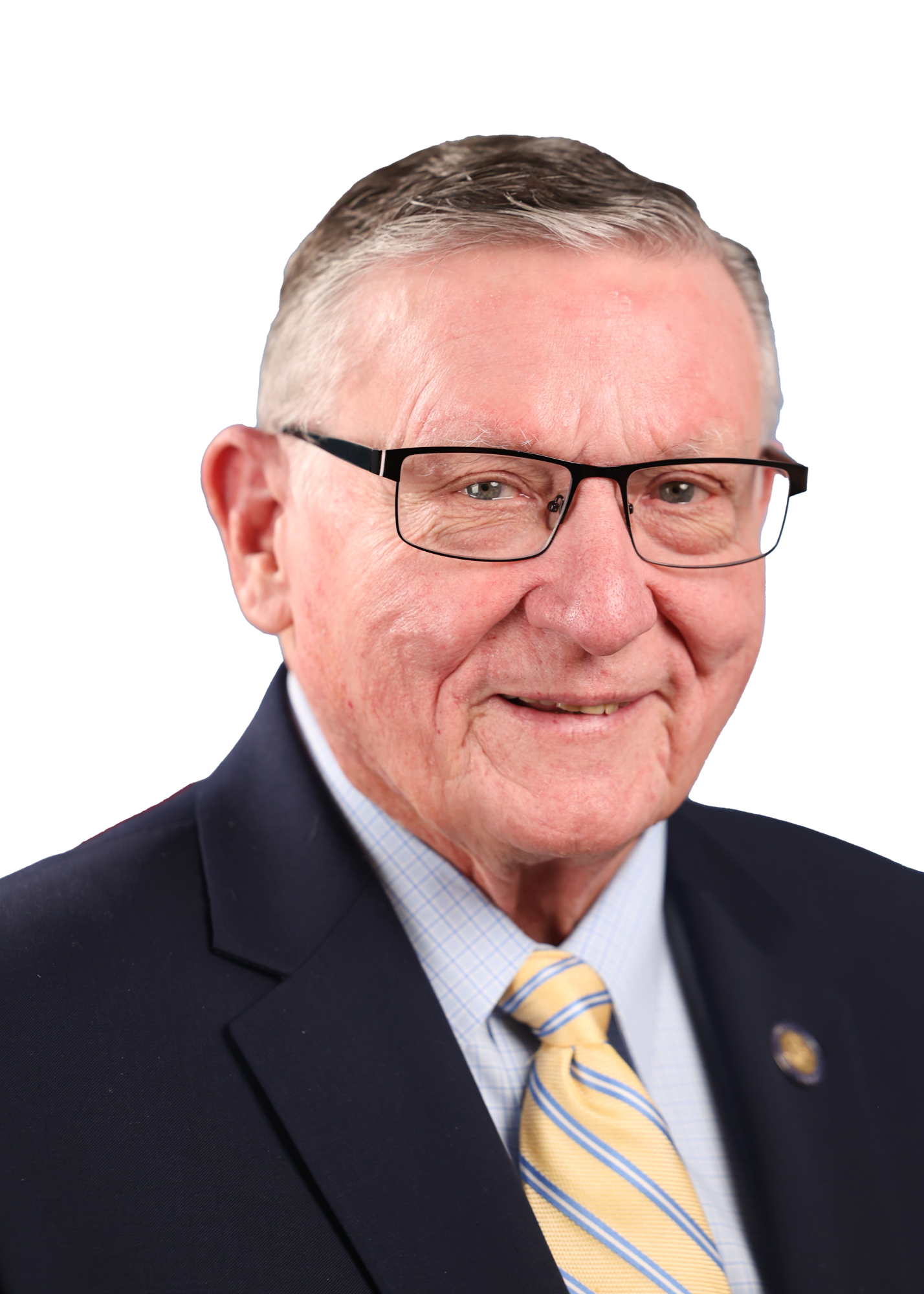Emotional, Unblinkingly Honest Testimony Sheds Light On Unusual Epidemic Of Heroin Addiction
Legislative Column from Assemblyman Ken Blankenbush (R,C,I-Black River)
Recently, I held a public forum in Carthage as part of the Assembly Minority Task Force on Heroin Addiction and Community Response. The emotional and unblinking honesty in the testimony of those who are facing addiction, the parents who have lost children to addiction, and the treatment, law enforcement and legal professionals have had a profound impact on me and my colleagues.
Heroin addiction has grown rapidly in our region. As Jefferson County Chief Assistant District Attorney Kristyna Mills had testified, for example, that in 2007, only three percent of drug cases were related to heroin, while now nearly 50 percent of the cases are heroin related. A mother and advocate of the Alliance for Better Communities testified that there were 72 heroin- related deaths since 2011, with another six awaiting toxicology reports. Though some may think that isn’t that statistically significant, using a formula from the Centers for Disease Control (CDC), it could be estimated that 71,856 are impacted by heroin addiction, by either facing it themselves or being a family member of an addict. This is startling.
Jim Scordo, Director of Credo Community Center; Leanne Moser, Lewis County District Attorney and Coroner; and many of the parents who have fought for their children, adults and youth for better addiction treatment all testified of the need for longer term access to treatment. Successful models include an intervention phase that would include detox, which our region currently has little access to, and the identification of underlying problems to addiction such as mental health conditions, rehabilitation, and then reintegration or after-care, which could include vocational training, GED, and job placement services.
There are things that the state can look at to increase access to life-saving detox medications such as Buprenorphine and Naltrexone. One barrier in our region is a lack of doctors who specialize in drug addiction who can prescribe these medications. This is a great need in our state; there are long wait lists for services in rehab and even to see doctors who can help those with addiction receive the medication needed to help combat addiction.
Spoken over and over again was the need to clearly distinguish those with addiction and those who are dealers. When the governor pushed to relax Rockefeller Drug laws, it was meant to help drug addicts. Drug dealers, however, are working the system to use the treatment program to get out of prison earlier. Even more troublingly, as Chief ADA Mills testified, is that more human sex traffickers are victimizing heroin addicts, some of whom are underage girls, to earn thousands of dollars while, in return, paying their victims in heroin and years of abuse, torture and separation from help.
Finally, Lewis County Sheriff Michael Carpinelli spoke about teaching our children as soon as we can about the dangers of heroin and opioids. I applaud the efforts of all who attended who are doing their part in helping to educate the public of this tragic situation. The testimony provided at the public forum will be used to craft legislative solutions to help communities fight heroin and other addictions in our state. Personally, I am moved by what was shared by each of those who spoke that night. Thank you.
I want to leave you with some resources that may be helpful to you or a loved one: the NYS Hopeline 1-877-8-HopeNY is available 24/7; a Nar-Anon group meets Mondays 7 p.m. at the United Community Church, 112 North School Street, Carthage; Credo Community Center can be contacted at 888-585-2228, or please visit www.credocommunitycenter.com; and the Alliance for a Better Community may be reached at 315-788-4660 or www.allianceforbettercommunities.com.
If you were unable to attend the forum, you may listen to the testimony here: www.tinyurl.com/carthageheroinforum. If you would like to submit your own testimony regarding heroin addiction to be included in our report, please email me at blankenbushk@assembly.state.ny.us.
